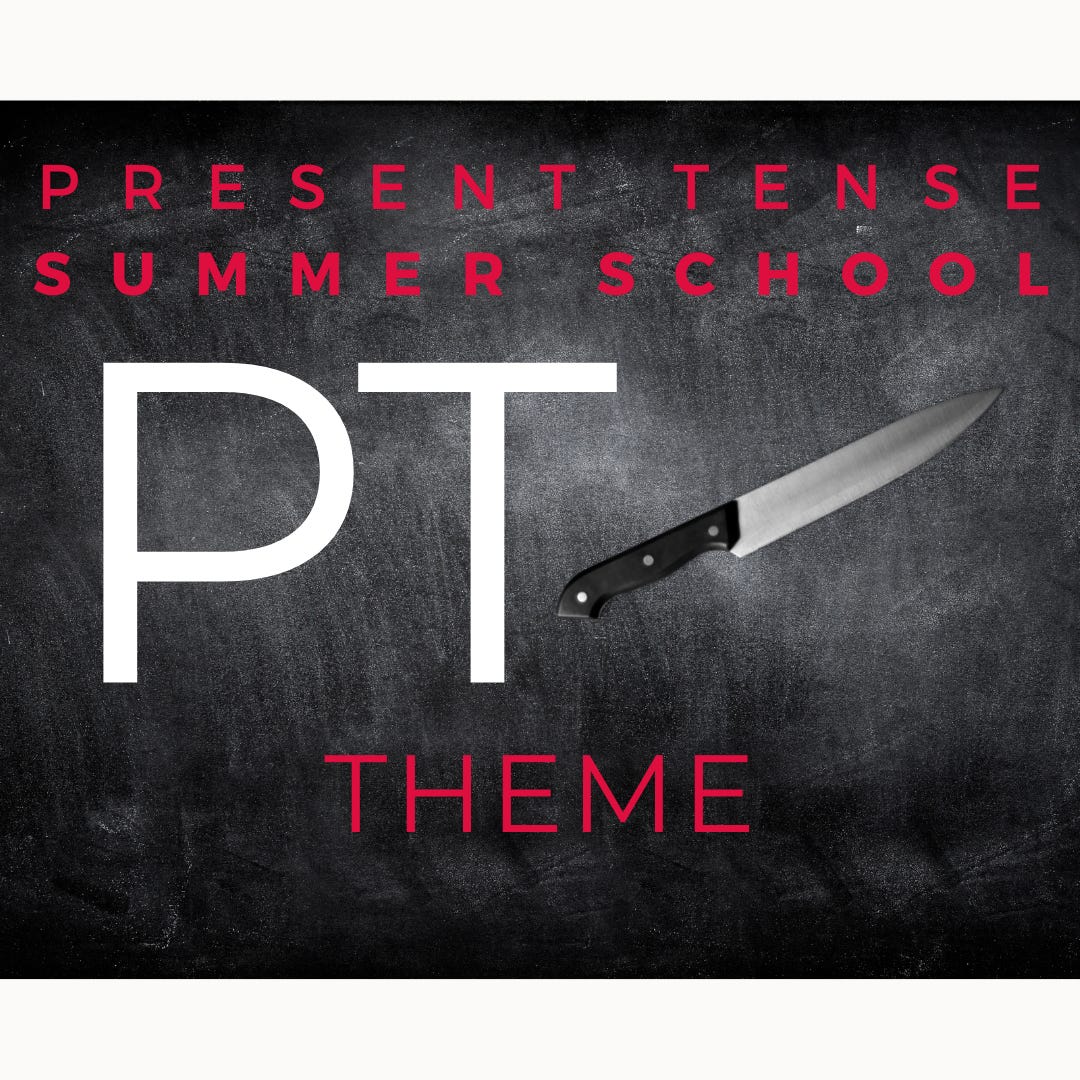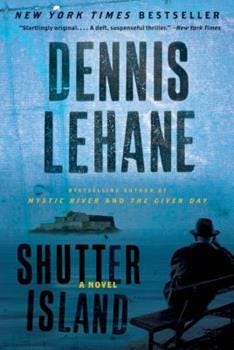If you missed earlier parts of the series, here they are:
Genre: Leaning into genre, discovering your genre by accident, and watching TV/movies to dissect genre differences.
Character: “Auditioning” characters, what makes characters feel real.
Voice: What it means, how to develop it.
Setting: One of the easiest ways to add more interest and meaning to a novel—make the right choice and your job as a writer is partway done.
Tension (and suspense): Is there a difference? If you’re being persnickety, there is. And also: let’s get some linguists talking more about this!
Coming later: Twists.
Week 7: Theme
Last week I basically wrote a new post instead of just leading you to a favorite older one. This time I will be try to be pithier. But…let me just get this off my chest first.
I used to teach in an MFA program alongside a delightful colleague who wrote short stories, read short stories, loved short stories, and was in charge of mentoring many students who…did not aspire to write short stories, or at least not only short stories. Many of those students wanted to write novels. My colleague, who had not yet published a novel, cautioned students away from theme. He did not believe in theme. (I think he associated it with unsophisticated high school lit exams.)
I do believe in theme, with all my heart. And by theme, I simply mean what a book is, deep down, really about.
The thing about novels is that they are, for bad and for good, “large, loose, baggy monsters,” as Henry James called them. All of those layers—all of that stuff—needs an organizing principle. And a reader, tasked with focusing on a story that will take six to twelve hours (often spread over many days or weeks) to read, needs help sorting and stitching and pattern-identifying. Making meaning, in other words.
With a short story you can read in one sitting, and certainly with a poem you can read in a few minutes or a painting you can look at for ten seconds, you may not need a clear theme or organizing principle. You may only need a shining moment, an image, a turn of the lens, or an inarticulable feeling.
But in order to understand a novel — and certainly to write one— being clear what it’s about, down deep (deeper than the opening premise or plot) can really help. Even if your idea about “what it’s really about” evolves over time. Most of us don’t tyranically impose a theme, we discover and/or hone it, draft by draft.
Let’s turn it over to Caitlin, now. In this 2023 post she talks about themes in Shutter Island and Killers of a Certain Age, as well as how she thinks about them in regard to her own writing.
Themes that drive the story
In the four years I’ve been working toward a second novel (honesty only, here), I’ve found that there are three basic things I aim to have when I start working on a project in earnest: I need characters I care about, some kind of plot, and something to say. Today I’m writing about that third piece, which may be controversial to some writers. Do you real…
Come back next week to talk about twists!
Your Turn.
Think of your current project or the thing you most want to write. Does it have a theme? Can you write that provisional theme (hold it loosely!) in just a few words on a post-it note and stick it to your computer, as a reminder?
In a fascinating way, our themes often change over the course of writing a novel, surprising us. Do you have an example to share?
What kind of “abouts” draw you to a novel? Can you think of a recent book you couldn’t wait to read because of its promised theme(s)?




I remember Louis Meyer's quote: "If you want to send a message, call Western Union," because I recall reading some heavyhanded approaches to theme, bad stuff that was often melodramatic and sometimes leaned toward propaganda.
Like King, I don't set off with any theme in mind when writing stories. The theme emerges from the characters and their values instead, and they do a better job than me in expressing a theme. Sometimes the characters change the direction of the story in a way I never foresaw, and I'm learning to let them show me the better ideas.